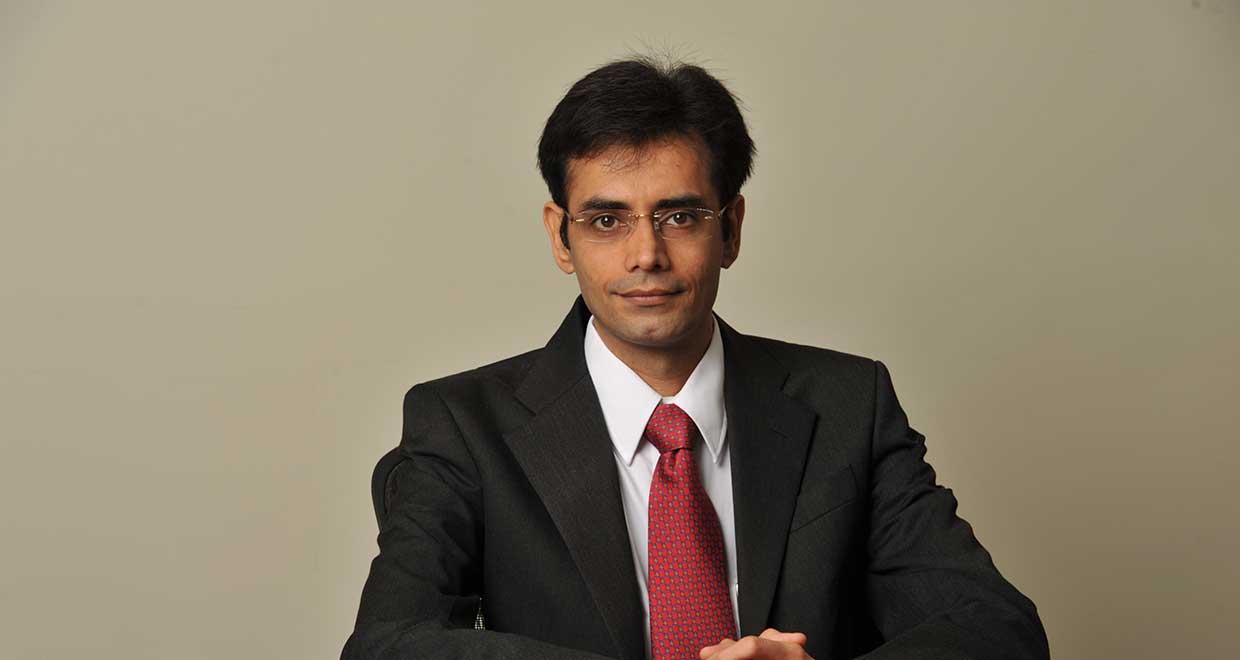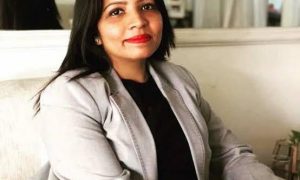Raj Panchmatia graduated from Mumbai University in 2000. He is a partner in the Dispute Resolution Practice group in the Mumbai Office and has a rich experience in the field of dispute resolution and commercial litigation, both at domestic and international fora. He has advised clients on a wide variety of claims under Indian Arbitration Laws, SIAC, LCIA, ICC, UNCITRAL and HKIAC and has extensive experience in dealing with disputes under all forms of contracts and agreements. Raj also advises clients on litigation before the Supreme Court of India, various High Courts of the country, the Securities Appellate Tribunal and the Company Law Board.
Raj has worked on a number of corporate and commercial litigation matters for various private equity investors, multinational and industrial houses of the country, including prominent infrastructure, real estate, automobile, defence, hospitality, public sector undertakings and ship building companies. Raj has also represented the Government of India on various dispute resolution matters.
In this interview he talks to us about:
- His work at Khaitan and Co.
- Necessity of a mentor or guide.
- Difficulties faced in the early days of practice.
- How he keep himself abreast with latest industry news and trends.
You graduated from Mumbai University in 2000. What was the legal profession like back then? What were your objectives as a law student?
Legal profession back then was still technologically evolving. Those were interesting times,as law could be found only in books and not on Google. My senior told me – work hard and rest will follow.
How is your work at Khaitan and Co.? Please tell us a bit about your work profile. What are the responsibilities you are entrusted with?
I am a partner at Khaitan. My core area of practice is litigation and disputes resolution. At Khaitan, I have been fortunate to be part of some of the biggest litigations and arbitrations of recent times, in terms of value and significance. My clients vary from international companies, PSUs and Indian promoters in all sectors. Joint venture disputes seem to be in vogue these days, and I advise on many of them as well. As a partner in a law firm, soft skills play an equally important role as legal skills. As a Partner your responsibility would also include building and managing a team which is effective and a practice which is robust.
How necessary is it to have a mentor or guide to handhold a young lawyer while still in the formative years of the profession? Did you have one?
It is good to have a mentor and a guide in your formative years who is willing to guide you through the nuances of the practice, especially if one comes from a non-legal background. In my formative years I had an opportunity to train under some of the finest legal minds Late Mr. D M Popat, Senior Partner of Mulla & Mulla & Crige Blunt and Caroe and Mr. D D Udeshi, Partner of Udwadia & Udeshi as it then was. I also had an opportunity to work under Mr. D E Udwadia, who exposed me to corporate laws, which has been very helpful in dealing with corporate disputes of today.
What were the difficulties you faced in the early days of your practice? How many years of hard work does it require to build a firm clientele?
Let me put it this way, if you are willing to learn and work hard, things become easier. There used to be paltry sum of stipend (compared to what interns make these days) and hours were long. I never said no for any kind of work that came my way. As I don’t come from a family of lawyers, learning on the job was the most effective way. It was tough but satisfying. Unlike in the present times technology was not so easily available and research would take far more time. I had to learn the ways to complete the research efficiently and without missing any important points. This exposed me to a variety of laws, and I gained rich and vast experience. The crucial thing, which I feel I learnt from the experience, was to apply innovative and lateral thinking, despite time pressure.
You build relationships not clientele. You need to build trust and provide consistent quality advice. There are no fixed timelines for this.
Could you tell us about the atmosphere in each of the places you have worked and what one should keep in mind before joining?
I have been part of a large as well as a mid-size organization. Each organization has its own systems, which essentially shows the values and beliefs of its founders/partners. Fortunately, every place I worked at had an atmosphere of trust and it felt like a big family, which helped me grow professionally as well as individually.
I would say that before joining a firm, one should first understand the ethos of the firm as a whole. One should choose an organisation that is known for its integrity, value systems and has a work culture that allows its resources to flourish and bring excellence at their work.
From an Articled Clerk to Advocate and Solicitor assistant at Mulla and Mulla and Craigie Blunt & Caroe, how did it happen? What are the important attributes for an Articled Clerk to work on?
I joined Mulla & Mulla after I qualified as an Advocate and then went on to qualify as a Solicitor. In hindsight, it was perhaps one of the best career decisions I made as I found the learning curve to be extremely satisfying. My initial training in Mullas gave me a firm foundation. There was a lot of hard work, research and reading. Practice then was not slotted in compartments which meant,I got experience in various spheres of law.
Once a candidate decides to become an articled clerk, and has chosen a master to learn from, it is then most important to put his full faith and trust in his master. So decide well under whom and where you want to article, as this is the place which will make a lawyer out of you.
How do you keep yourself abreast with latest industry news and trends?
At Khaitan we have a very good initiative which is CLE (Continuous Learning Exercise) which helps all its advocates keep themselves updated. A CLE is a monthly session where all teams present updates from their respective practice areas, followed by a brief discussion. These sessions are very helpful as you get to interact with lawyers experienced in that field. I also read judgments, legal journals and magazines as time permits. Discussing and sharing issues with my colleagues is also helpful and often bring out new nuances and directions.
You have authored articles in various Indian and International legal journals. Please share with our readers your experience.
Writing is not something which came to me naturally. Having said that, once you make an effort and if the result is even partially satisfying, it is a huge gratification. I intend to explore this more. Of course my team has been extremely supportive in my efforts and credit must go to them as well.
What would be your parting message to law students?
I can only pass on which I inherited and strongly believe in – Be true to yourself and true to your work and the rest will follow. Never shy from working hard.

























Pingback: How to become a Partner in a law firm - know from the partners themselves - Lawsikho Blog